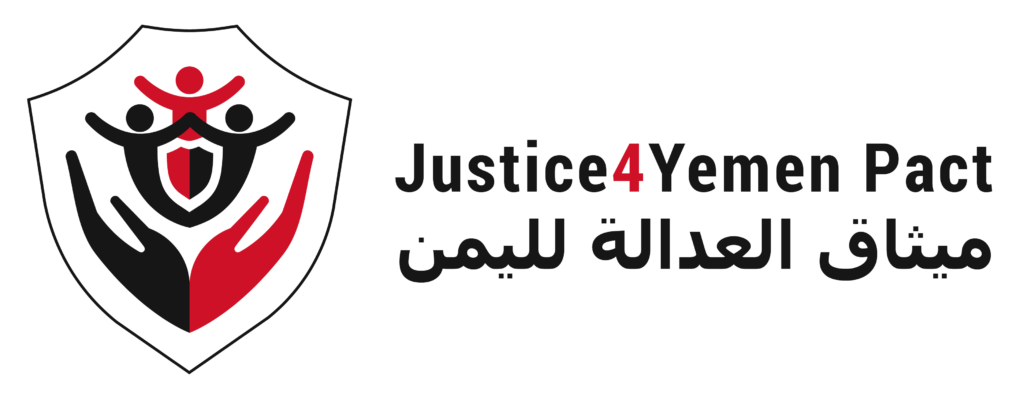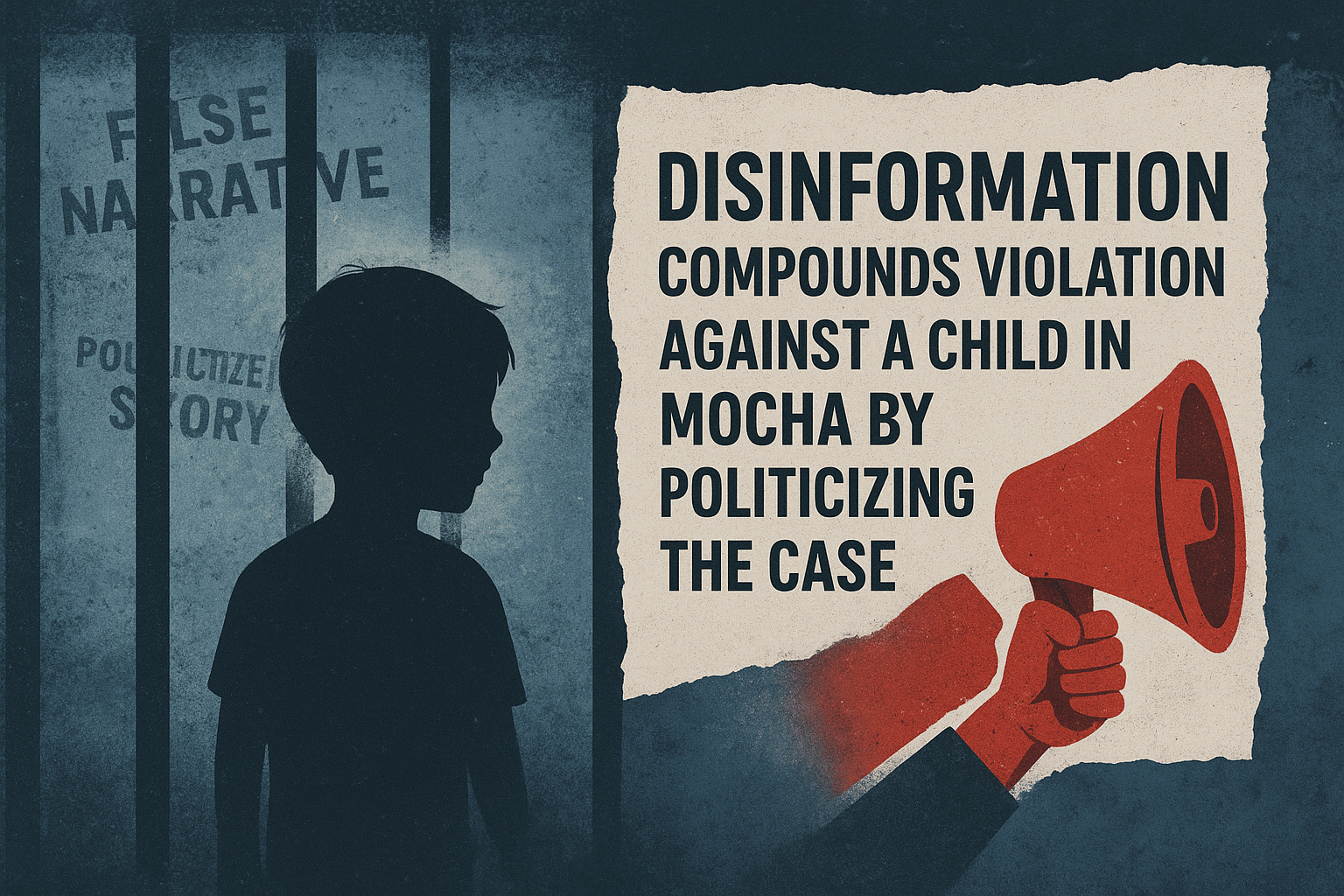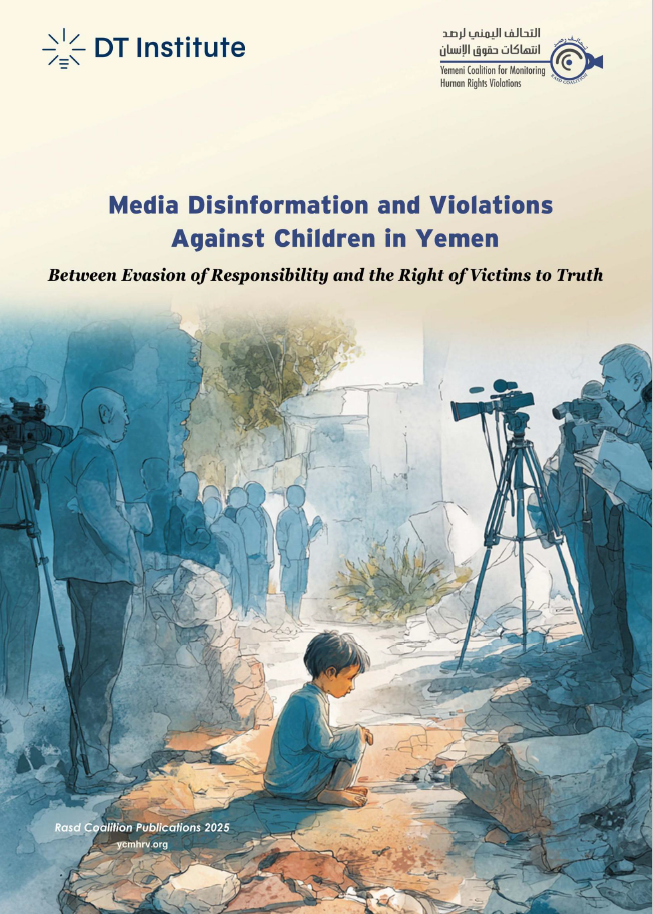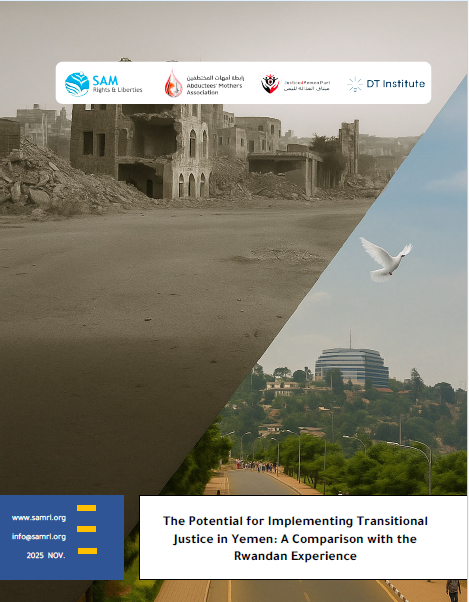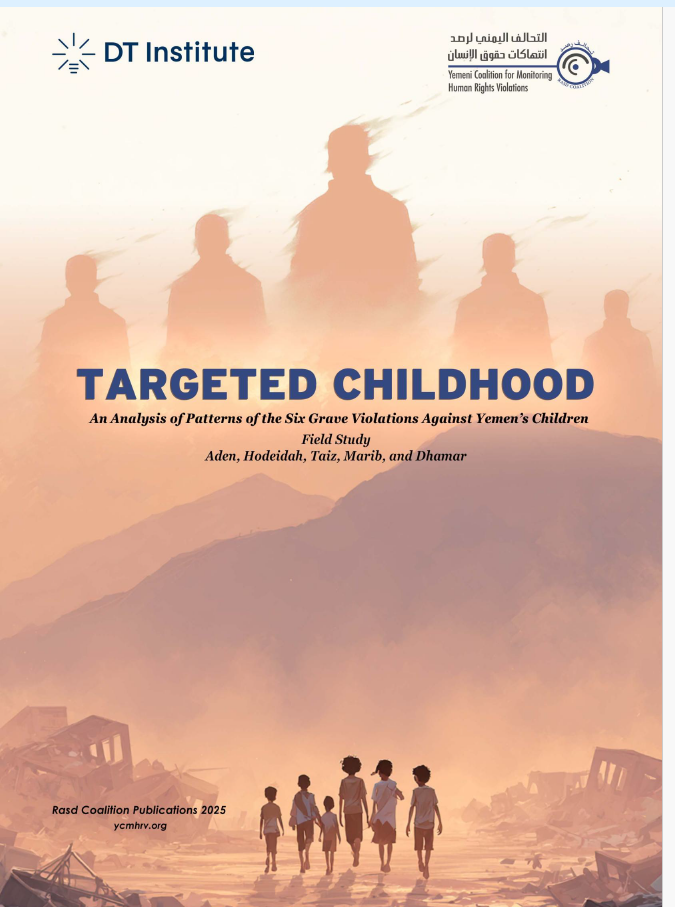| Incident: | Arbitrary Detention of a Child & Deliberate Disinformation |
| Date: | May 31, 2025 |
| Location: | ‘Ayal Afir village, Nihm District, Sana’a Governorate |
| Type of Violation: | Mocha District, Taiz Governorate, Yemen |
Introduction:
In a horrific incident that underscores the harsh realities of the conflict in Yemen, a new report by Rasd Coalition found that the detention of a 12-year-old boy was worsened by a deliberate disinformation campaign. This case reveals a serious pattern where violations against children are not only committed but also manipulated and exploited for political propaganda, effectively denying victims justice and deepening the cycle of impunity.
The incident, documented by a field researcher using open-source information, occurred on May 31, 2025. The victim, Hashed Bartam, was arrested by forces affiliated with the Mocha Security Directorate in Taiz Governorate, who arrived in a security vehicle. He was taken to the security headquarters and held hostage due to a dispute with his father over revenue or levies.
From a Child Violation to a Political Conflict:
The initial violation is serious and constitutes a clear breach of international human rights law and child protection standards. The arbitrary detention of a child and holding him hostage is a grave violation that violates fundamental principles of childhood and personal liberty and prohibits hostage-taking.
However, Rasd Coalition’s investigation identifies a second, more insidious violation: a systematic disinformation campaign designed to manipulate the narrative for political gain. Two media platforms were identified as the primary sources of this disinformation: “Masdarak,” the platform affiliated with Houthi leader Nasr al-Din Amer, and the “Yemen Shabab” television channel.
Instead of reporting on the core issue—the detention of the child—these outlets engaged in a deliberate campaign of distortion. They falsely attributed the arrest to forces loyal to Tariq Saleh, diverting public attention. This disinformation strategically shifts the focus from a clear case of child rights violation, where the perpetrators are known and can be held accountable, to a murky political conflict. In doing so, it jeopardizes the child’s right to justice and redress. This disinformation was disseminated through articles and a photo report, which the researcher archived. The geographic location of the violation, the Mocha Security Directorate, was precisely identified.
Conclusion:
Rasd Coalition concludes that the security apparatus in Mocha is responsible for the unlawful arrest and hostage-taking of the child, a grave violation that demands an urgent investigation and accountability.
Furthermore, the actions of “Masdarak” and “Yemen Youth” represent a malicious and deliberate attempt to mislead the public. This disinformation is not a passive act; it actively amplifies the initial crime. It undermines the possibility of accountability, exacerbates the trauma of the victim and their family by denying the reality of what they endured, and contributes to creating an environment where grave violations can be committed and then concealed under a veil of political fabrication.
This case is not isolated. It exemplifies a pattern in Yemen where crimes, especially against vulnerable children, are followed by disinformation campaigns. This ensures that the discussion is never about the victims and the pursuit of justice, but is instead deliberately drawn into the realm of politicization and point-scoring. The international community, human rights organizations, and media observers must look beyond this facade and focus on the central, undeniable truth: the childhood of a twelve-year-old boy was violated, and then the story of that violation was stolen from him.

